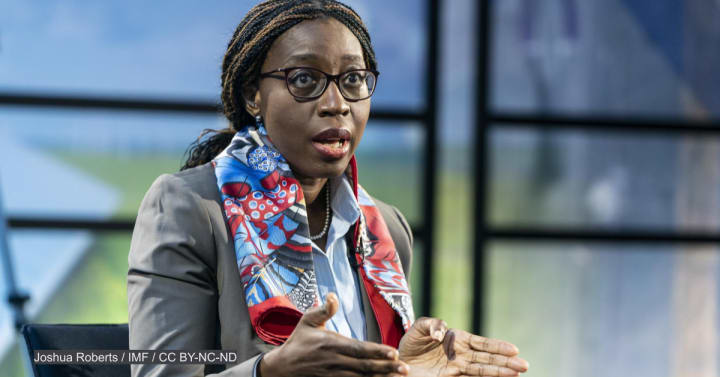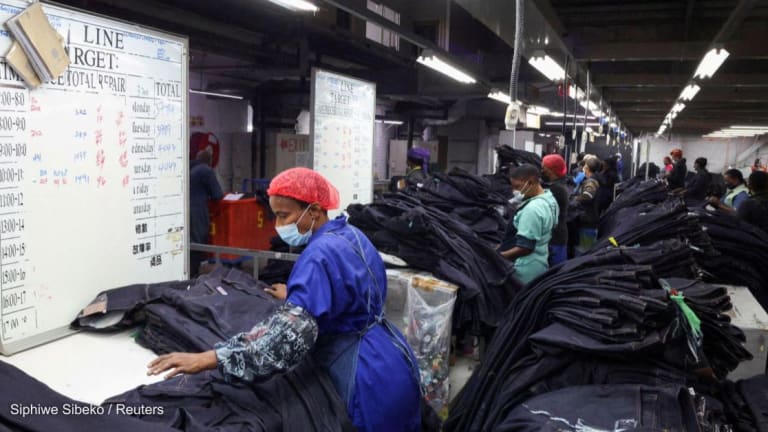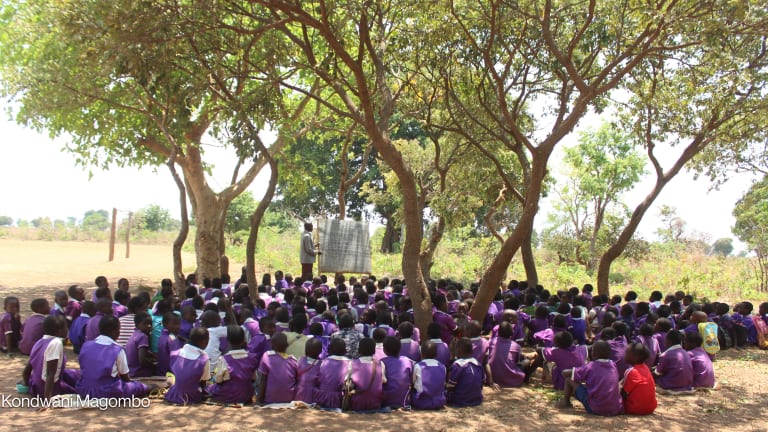
African nations expect to receive $33.6 billion from a new issuance of Special Drawing Rights, according to Vera Songwe, executive secretary of the United Nations Economic Commission for Africa.
On Wednesday, G-20 finance ministers and central bank governors reaffirmed calls for the International Monetary Fund to make a proposal for a new allocation of $650 billion in SDRs — an international reserve asset — that will provide countries around the world with liquidity. The last SDR allocation was issued in 2009 following the global financial crisis.
The African Union has advocated for a global issuance of SDRs over the past year in hopes that countries can use these funds for the purchase of COVID-19 vaccines, and other parts of national pandemic recoveries.
What Special Drawing Rights could mean for Africa's COVID-19 response
It's looking more likely that African nations will have SDRs to help finance vaccine purchases and more for their COVID-19 recoveries.
While the administration of former U.S. President Donald Trump blocked a new issuance, the change in the country’s administration offers a “spirit of optimism,” Songwe said during an online event on Wednesday, as U.S. Treasury Secretary Janet Yellen, as well as the G-20, are leading the push for a new allocation to countries.
When allocated, countries will receive SDRs based on their IMF quotas, which roughly reflects a country’s position in the global economy. This means wealthier countries will receive more than low-income countries. Because of this, the five largest economies on the African continent — South Africa, Nigeria, Egypt, Morocco, and Algeria — will receive much of the funding, Songwe said.
To counter this, she is calling for a system where high-income countries, which don’t need the SDRs, can transfer them to countries that do. IMF is expected to present a plan on the new issuance and a system for reallocating SDRs in June. Countries could then receive SDRs in August.
Songwe also hopes countries will invest these funds in a way that reduces the cost of borrowing for African nations in global markets, which is one of the reasons countries fall into debt.
Egypt, for example, which has shown strong economic performance in recent years, borrows at about five times the interest rates of Greece, she said.
Songwe is calling for about $30 billion in SDRs to be put into a facility that allows countries across the continent to access markets at more affordable rates.
“What do we want to do with it? Do we want to just take it and spend it? Or do we want to re-invest it so that it delivers even more sort of distance for us in terms of getting additional liquidity,” she said.
Sign up for our special edition newsletters for all you need to know from the World Bank-IMF Spring Meetings.




